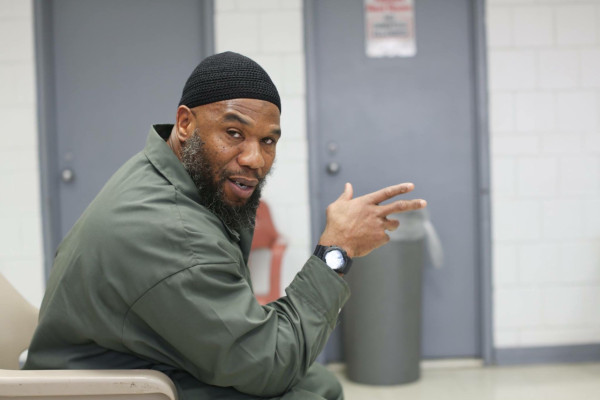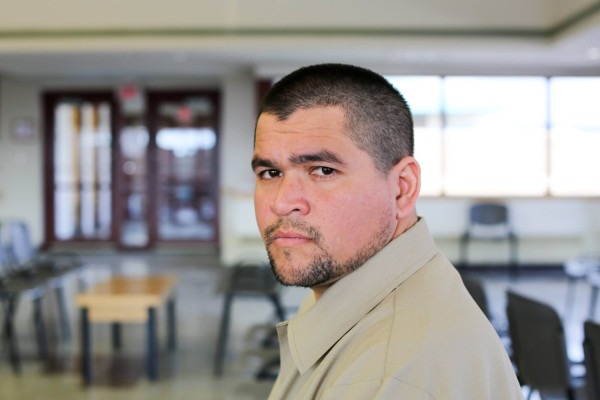Accountability is a free gift that is certain to move you forward. I’ve always known that. But I’ve come to know it even more acutely ever since my wife, Tammy, has taken up running. The two of us spent significant time this January setting goals by following Michael Hyatt’s Best Year Ever. One of the goals we both set had to do with our health and fitness. Tammy decided that she would be more committed to her running schedule, and would use the 7-Minute Workout app on her phone to do some strength training.

I gave up running years ago when I found it much more efficient and pleasant to get exercise on my bike. But when things turned “colder” here in Florida for a significant period of time, I decided to give running another try. Not only that, but I also committed to doing the 7-Minute Workout to supplement my non-existent strength training.
In order to accomplish all this I needed some accountability. Accountability is a free yet valuable gift. I built two kinds of accountability into my health and fitness goal for 2016:
- I put together a checklist. My checklist helps me track at least four cardio workouts each week, and at least three 7-Minute Workout strength training workouts per week.
- I used my wife’s activity to motivate my own. I’m competitive by nature, and every time I see her step out the door I have to do it myself. I have to keep up. I have to make sure I’m doing what she’s doing.
So how’s it going? I have begun to regain my (very slow) running form. I’m finding that running/jogging is a great cool weather activity. I also feel like, in a shorter period of time, I’m getting better exercise than I get on my bike. But don’t think I’m going to give up my bike any time soon. My running regimen has given me better cardiovascular strength when I’m on my bike. Even more, the 7-Minute Workout has made me stronger in muscles I don’t use on my bike, and it’s helping strengthen my core. That’s a key for my (sometimes) bad back, and for better biking.
An accountability partner in any goal is a free gift that keeps on giving. When someone else holds you accountable it’s much more difficult to give up when the going gets tough. In fact, a friend came into my office today after she committed to a year’s worth of good health as she follows the direction of a personal trainer. She said, “I told my daughter that if I ever don’t want to go to the gym, force me out the door.”
When you’re setting your goals, make sure to build in some kind of accountability. You will be much more likely to achieve what it is you set out to do. An accountability partner will provide help, motivation, and inspiration. And you, in turn, may just be providing motivation to the one who’s doing the same for you.
What provides accountability for you as you strive toward your goals?











